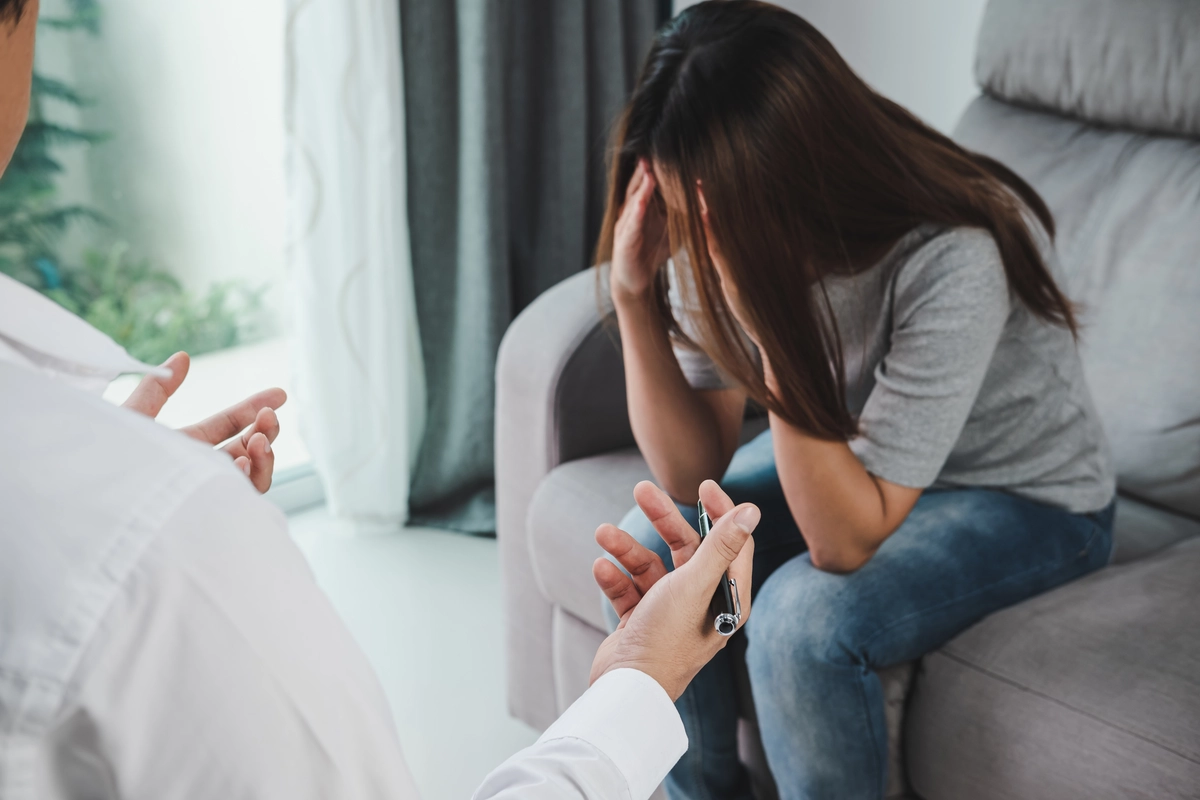24/7 Helpline:
(866) 899-221924/7 Helpline:
(866) 899-2219
Learn more about Bipolar Disorder Treatment centers in Oscoda County

Other Insurance Options

Coventry Health Care

Optima

State Farm

Absolute Total Care

United Health Care

MVP Healthcare

Anthem

Molina Healthcare

Access to Recovery (ATR) Voucher

American Behavioral

Sutter

Oxford

Sliding scale payment assistance

WellCare Health Plans

Choice Care Network

Ambetter

CareSource

ComPsych

UMR

Cigna

AuSable Valley Community Mental Health
AuSable Valley Community Mental Health is a public rehab located in Mio, Michigan. AuSable Valley Co...




















